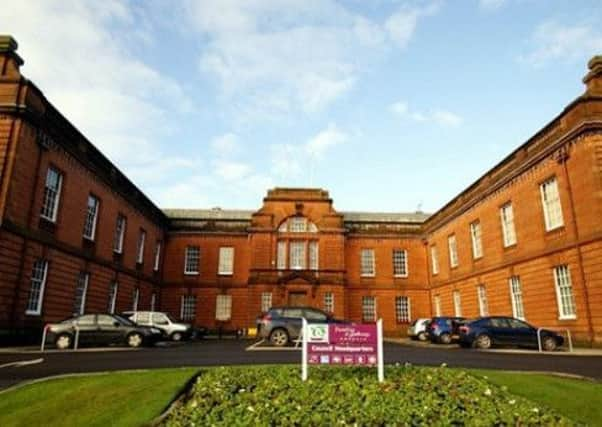Council Tax bills on the rise in Galloway


Councillor Elaine Murray and deputy leader Councillor Rob Davidson issued a joint statement after the Labour/SNP coalition running the local authority agreed on the financial measures it will have to take to address a majorblack hole in its finances.
They said: “This budget has been set in very difficult circumstances. Since austerity was introduced in 2010/11, Dumfries and Galloway Council has had to find cuts and savings in its revenue budget totalling £96 million, equating to 27% of annual spend.
Advertisement
Hide AdAdvertisement
Hide Ad“This year, we have had to make a further £10.2 million reduction in expenditure. The council’s funding gap this year is £16.215 million. In order to reduce the gap as much as we can, we have little choice other than to apply the maximum level of council tax increase permitted by the Scottish Government of 4.79%.
“We continue to focus effort on tackling poverty in our region. So £1.375 million is allocated over a range of initiatives including £200,000 to
be allocated next year for distribution by Area Committees and a further £200,000 by communities through Participatory Budgeting.
“This will help us tackle poverty within local communities. Our budget includes £1 million over two years to tackle carriageway defects in the region’s road network and
£338,000 to bring the Gypsy/Traveller site at Glenluce up to the standards required by the Scottish Government.”
They said that all council posts being cut would be done without compulsory redundancy, adding: “We recognise that the council cannot provide all the services that it used to and that we will rely on the support of communities to develop new ways of working,” he added.